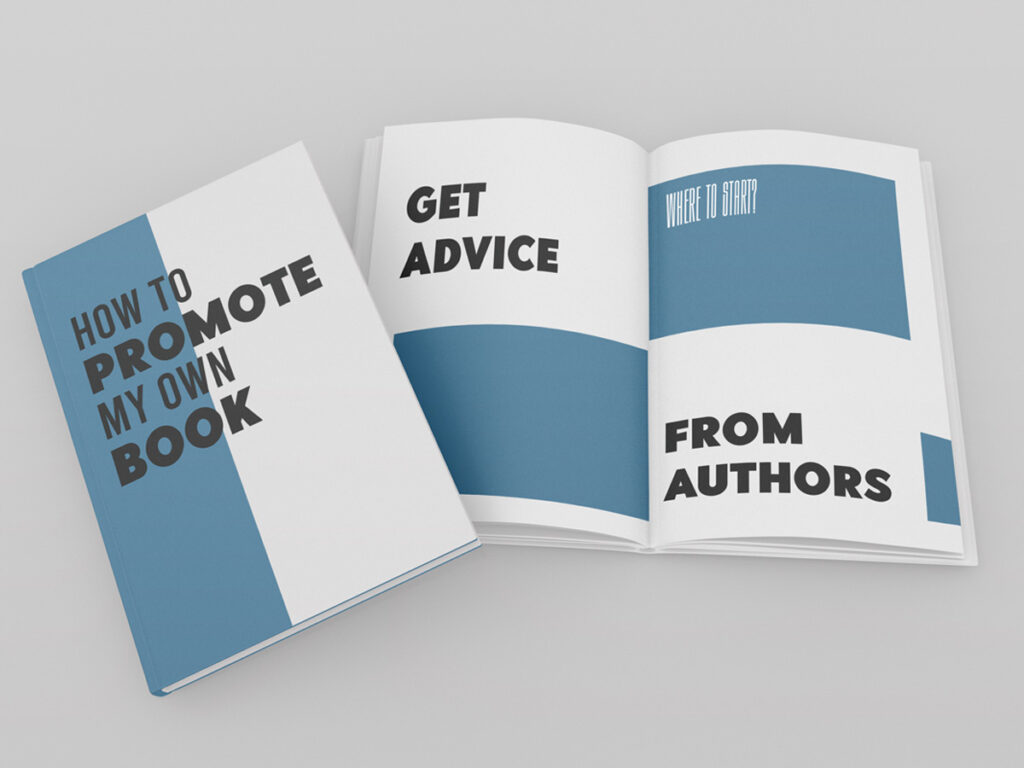
Writing novels can be difficult to those who haven’t attempted such an endeavour. They seem overwhelming and confusing on how to start but authors will tell you there is nothing secretive about the process. Fiction is based on two main principles: creativity and discipline. So whether you’re a bestselling author or a first time writer, you’re in for some hard work ahead of you but not to worry as the results can be massively rewarding.
Here’s some helpful tips to writing a good novel:
Have a passion for reading: A lot of writers are inspired and shaped by other writers. As children we read loads of different books that hinder our taste and can have a strong impact on our writing style as adults. By reading you tend to pick up a lot more than you let on.
Make yourself a checklist: writing can be intimidating and lots of people can get distracted easily from it. Think about your setting and motivations for writing and make a checklist of some of the big things you want to include in your story- characters names/characteristics, plot, scenery – it can be absolutely anything as long as it makes sense to you. The last thing you want is to complete your story and then realise that you left out half the things that motivated you to start and being disappointed with your piece.

Developing good habits: Now this can be hard to do as you have to balance your writing with other responsibilities. Set aside a time of the day that you can consistently write for a while without being interrupted by anything else. Maybe even having a dedicated writing area where you can turn away from everything else to focus on your work.

Use your time wisely: The last thing you want as a writer is to sit down at your dedicated time and not know what to write. Before you sit down, think of ideas or remind yourself of where you were in the story before you continue. This will make it a lot easier to feel as though you didn’t have a break and know exactly where you’re going with your manuscript so it all makes sense.
Build a relationship with an editor: Editors are extremely important in the publishing process, a good editor will make you a better writer, but a bad editor can compromise your artistic vision for your work. Check any reviews or references they have, look at their history of the things they have edited before. Most importantly make sure they understand what you want for your book, your vision and expectations so you don’t become disappointed with the end result. Build a good connection with them.
Don’t stress over your first draft: The first draft is a good way of getting everything down that you wanted down in your story. There is always time later on to reassess decisions and criticize your own work. Resist the urge to keep changing things in the first draft – it needs to come from your spontaneity and pure creativity rather than thinking too much into it. Later on in the process you can decide whether you chose the right words or punctuation or tone etc. You can only do this sort of editing once you already have a great story to start with.
Try a second draft: A second draft is all about finding the surprises and teasing our story plots to shape the story more including unexpected themes or tones. Fiction writing is all about changing ideas or plot points to change its direction of where you want it to go- nothing good comes from hanging on to original ideas if you’ve found something that could potentially work better.

Start with characters: Readers always look for compelling plot and a strong character development or a character they can relate to in some way. Finding a main character is one of the first steps to creating a good story- they need to be complex enough that they can hold a backstory and development throughout the novel. Supporting figurers can also push the subplots of the main story.
Rules are made to be broken: Every writer will have their own way to start writing a story. Some writers will work from the beginning all the way through, some will know the ending before they know how to get to it and others work in completely random pieces that the arrange later. Don’t be scared to try different styles, techniques or voices to create your masterpiece. Anything is possible in fiction writing for example you can toggle between first and third person voices.

These tips can always work for other forms of fiction like a screenplay and even nonfiction books can be written under the same principals. If you keep these writing tips in mind before starting to write your novel, you can focus on maintaining your own style and plot while following the discipline every writer needs to complete a fiction story.

Leave a Reply